-
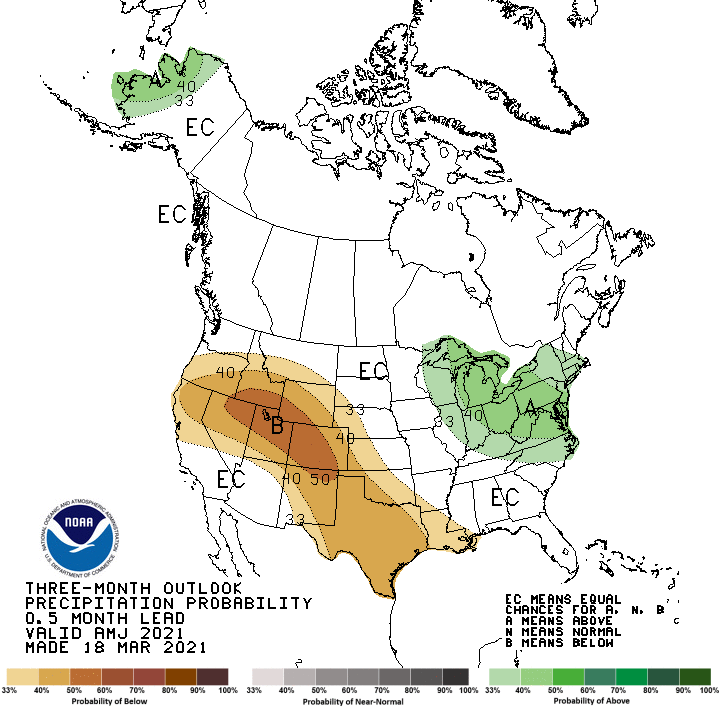
Spring has sprung, and everything around my house is blooming, which means lots of pollen! The warm weather has come on with abandon after a winter that had some fairly cold conditions, although nothing compared to what our friends in the central US and Texas experienced. In this article I will discuss why our winter…
Posted in: Climate outlooks -
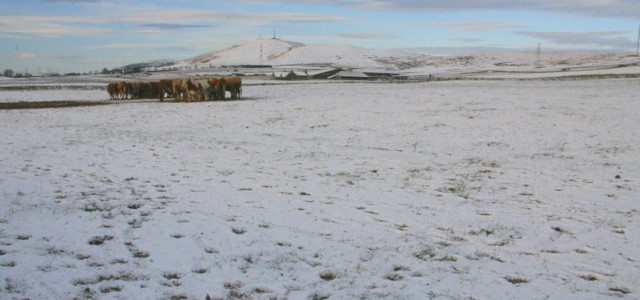
There have been a lot of stories relating climate or weather to agriculture in the news lately. Here are some of the more interesting ones. Bloomberg: Drought Is the U.S. West’s Next Big Climate Disaster VSC News: South Florida Melon Growers Hope to Bounce Back Farm Progress: Winter weather affected cattle slaughter, calving VSC News:…
-
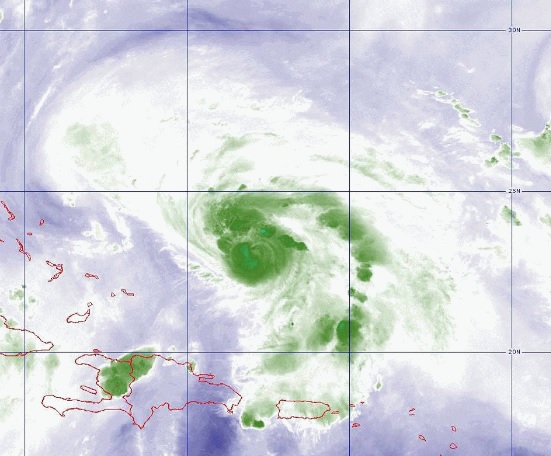
As we approach the beginning of the Atlantic hurricane season, you might be interested in a couple of news items. One is that the National Hurricane Center is debating whether they should start the season on May 15 instead of June 1 due to the number of early storms that have occurred in the past…
-
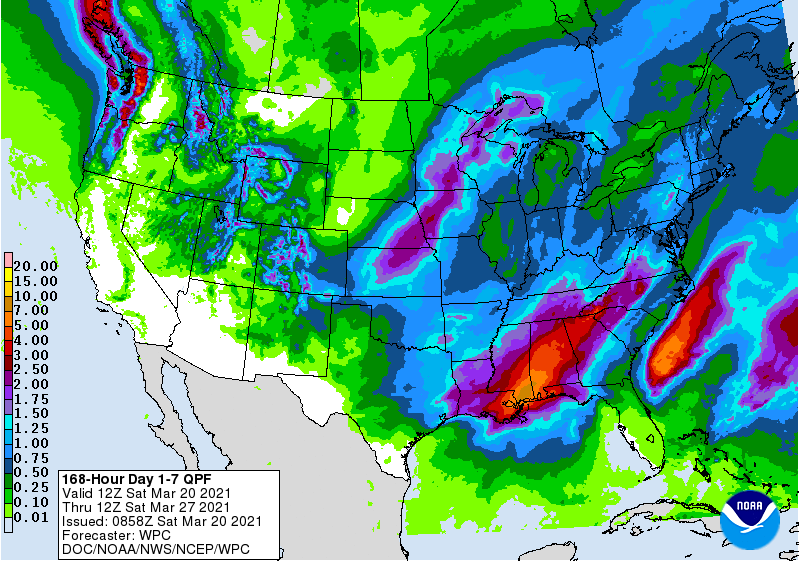
This weekend we will see a coastal storm off the East Coast bring rain inland to areas along that region, although the heaviest rain will remain offshore. By mid-week, a new storm will form near the Gulf of Mexico and bring heavy rain to parts of Alabama and far western Florida. That storm will progress…
Posted in: Climate outlooks -

A new study published recently in the journal Science shows that as the climate gets warmer, it is affecting the flows of rivers around the world. The water cycle is getting accelerated, leading to both more flooding and more droughts. That affects the flow of rivers, since flooding overtops the banks, while droughts leave very…
-
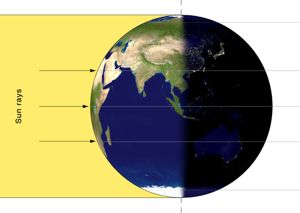
If you are reading this in the morning in the digest version, it is already astronomical spring, as the sun passed the ecliptic at 5:37 am EDT on Saturday, March 2021. This is the day with equal periods of day and night across the entire globe. It is also the time of year when the…
Posted in: Climate and Ag in the news -
Feeding cows a few ounces of seaweed daily could sharply reduce their contribution to climate change
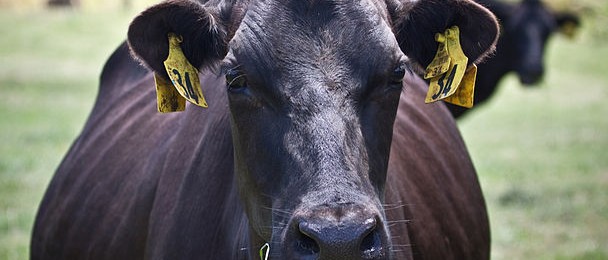
A recent study comparing the methane output of cattle fed on different diets showed that feeding just a few ounces of red seaweed daily to cattle decreased their output of methane by 67%, a potent greenhouse gas that contributes to climate change, according to The Conversation as quoted in Yahoo News. However, it also reduced…